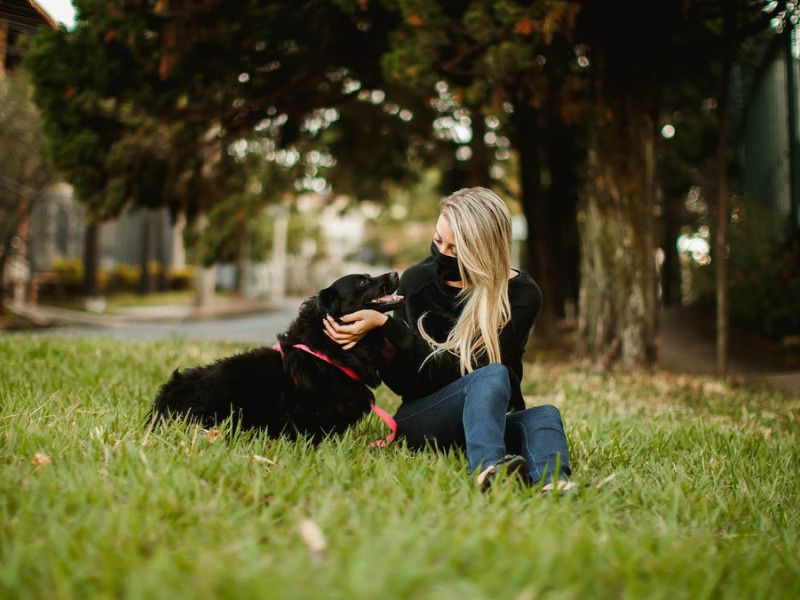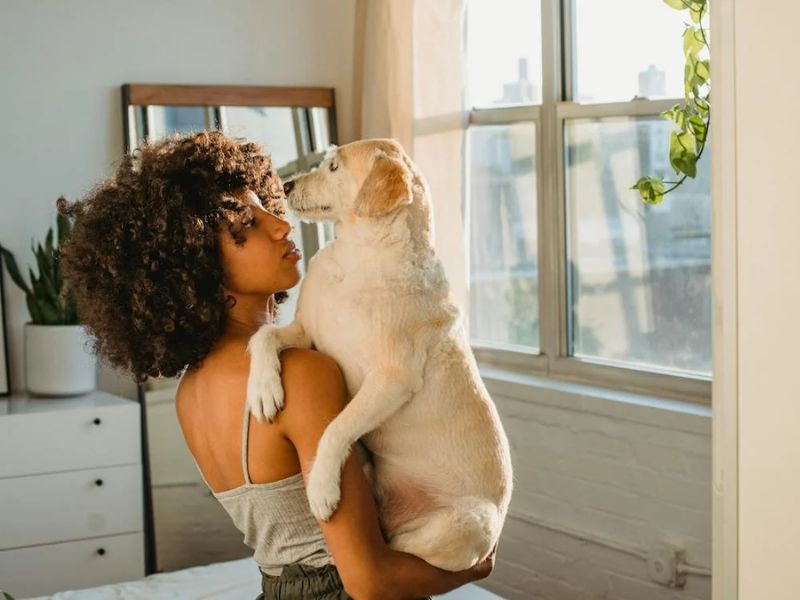When discussing air pollution and its effects, we often focus on its impact on human health. However, it’s essential to recognize that our furry companions are also vulnerable to the harmful effects of poor air quality. Whether indoor or outdoor pollution, pets can suffer from various respiratory issues and other health problems. As responsible pet owners, we must take proactive measures to safeguard our pets’ well-being. Here are three essential steps to protect your pets from the adverse effects of poor air quality.

Image Credit: Pexels/Helena Lopes
Understand The Signs Of Respiratory
Distress
Pets, especially those with pre-existing respiratory conditions or brachycephalic breeds, are more susceptible to the adverse effects of air pollution. It’s crucial to familiarize yourself with the signs of respiratory distress in pets. Keep an eye out for symptoms such as excessive coughing, wheezing, difficulty breathing, nasal discharge, and reduced energy levels. If you notice any of these signs, consult your veterinarian immediately. Early intervention can prevent further complications and ensure your pet receives the necessary treatment.
Create A Clean And Safe Indoor
Environment
Create a clean and safe indoor environment for your pets by investing in HEPA-filtered air purifiers. Regularly vacuum and reduce the use of chemical-based cleaning products to minimize indoor air pollution. Avoid smoking indoors, as secondhand smoke can harm your pet’s respiratory health. Ensure proper ventilation and a smoke-free environment to protect your furry friends from indoor air pollutants.

Image Credit: Pexels/Samson Katt
Limit Outdoor Exposure During Poor Air
Quality Days
Protecting your pet from harmful air pollutants is crucial when outdoor air quality is compromised. Stay informed about local air quality by checking indexes or websites. Keep your pet indoors as much as possible on high-pollution days. Choose less congested areas for walks and bathroom breaks, away from heavy traffic or industry. Use pet-safe masks or scarves to reduce their inhalation of particulate matter. After walks, wipe their paws and fur to prevent them from ingesting pollutants during grooming.